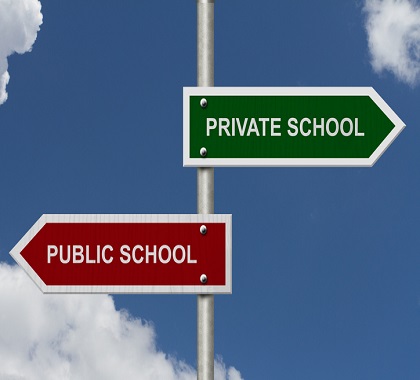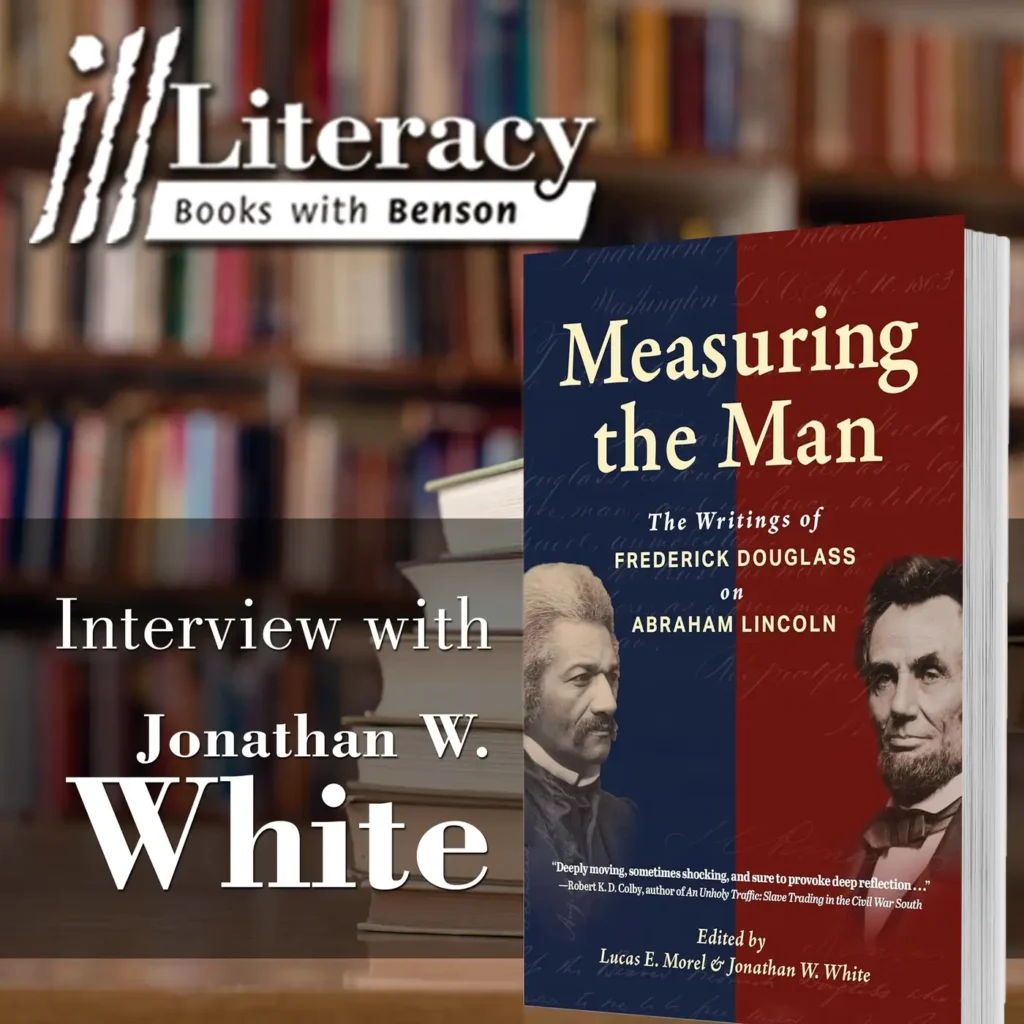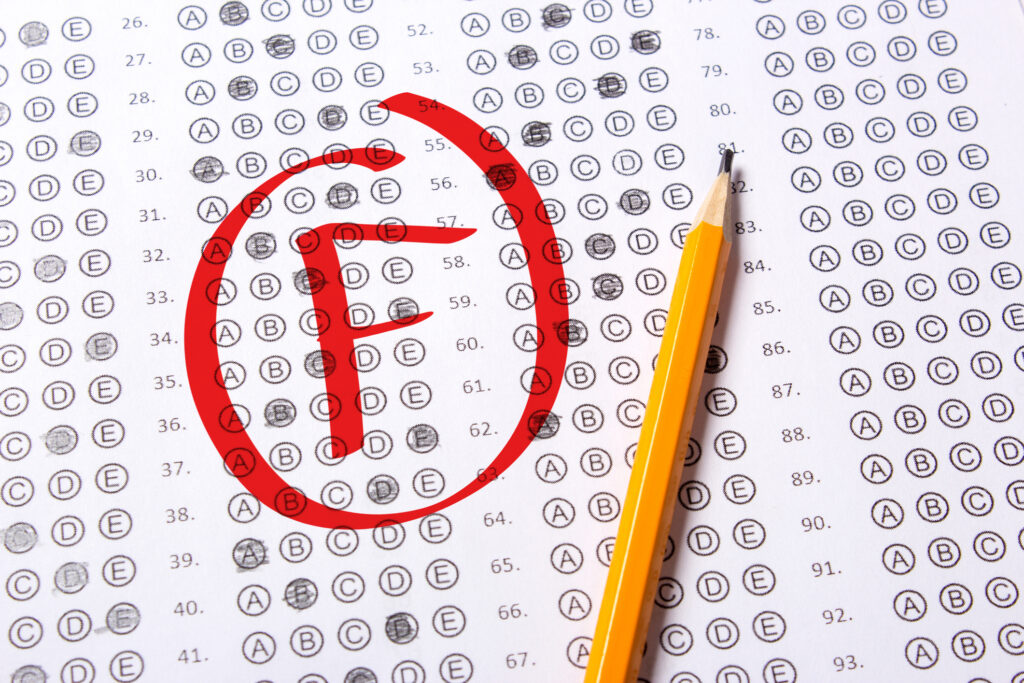Public support for school choice programs in the United States is increasing, according to the latest annual poll from Education Next. In a nine point increase from last year, 54 percent of respondents favor state-funded vouchers that can be used to pay for tuition at public or private schools. The results also reveal that 57 percent of respondents are in favor of tax-credit scholarships, which allow individuals and corporations to donate money in exchange for tax credits. These donations are used to fund the private school tuition of low-income children.
Support for universal school choice grows as a startling number of parents fear for their children’s safety at their local district school. In fact, one-third of parents fear for their child’s safety in public schools, according to a survey by Phi Delta Kappa. Twice as many low-income families question their child’s safety at school (48 percent) as affluent families (24 percent).
These fears of compromised student safety at public schools are grounded in reality, according to a survey from the U.S. Department of Education. Nearly 1.1 million “serious offenses” in public schools were reported in the 2015-16 school year, including physical attacks or fights, thefts, use of weapons, and sexual assaults. An additional 135,600 “minor offenses” were reported during the same period, including harassment and bullying.
These surveys reveal the awful conditions of many American public schools. Public school students are more likely than private school students to deal with transgressions of safety and school policies such as alcohol and drug abuse, bullying, racial tension, gang activity, and weapon-based threats, according to a recent article published in the Journal of School Choice (JSC).
Heartland Policy Analyst Tim Benson summarized the JSC article’s findings in a Research & Commentary: “After controlling for school-level characteristics, the authors report private schools are 8 percentage points less likely than public schools to experience fights among students, as well as 28 percentage points less likely to experience student weapon possession on school grounds, and 13 percentage points less likely to experience racial tension, just to highlight a few examples.”
State legislators should increase school choice opportunities to ensure every student in their state can learn in a safe environment. To promote this effort, Heartland created a Child Safety Account (CSA) program. CSAs allow children facing bullying, harassment, or other forms of physical or emotional violence to easily transfer to another school—public, private, or virtual. CSA funds would be monitored and controlled by parents—not government bureaucrats. Regardless of their financial circumstances, all students deserve the opportunity to learn in a productive and healthy environment.
What We’re Working On
Budget & Tax
Illinois Law Governing Licensing and Student Loans Could Be a Model for Other States
In this Research & Commentary, Senior Policy Analyst Matthew Glans examines a new Illinois law that prevents Prairie State residents delinquent on student loan payments from having their professional licenses denied, revoked, or suspended. “Illinois’ new law provides a model for states to follow that will help remove an unnecessary barrier for entrepreneurs and give them to chance to start a new business and help pay off their student debt,” Glans wrote.
Health Care
The Benefits of Direct Primary Care (Guest: Lisa Fisher)
In this episode of the Heartland Daily Podcast, Lisa Fisher, Director of Operations for Strada Healthcare, explains the direct primary care (DPC) model. Fisher details how DPC can address the primary care physician shortage in many rural areas. DPC fosters better preventative care for patients. Additionally, DPC offers quality care at a reduced cost to companies and employees suffering from high premiums and deductibles.
Education
Strike Voucher Would Keep Washington State Children in Classrooms
This Research & Commentary by Policy Analyst Tim Benson addresses the planned strike by the Seattle Education Association, which will remove about 6,000 employees from government schools starting on September 5. The last strike in Seattle happened in 2015 when teachers walked off the job for five days. Time children, especially those of low-income households, spend out of the classroom is time in which previous educational gains atrophy.
Energy & Environment
Fracking Causing Surge in Tax Revenue for New Mexico
Policy Analyst Tim Benson examines a new report from New Mexico’s Consensus Revenue Estimating Group, which found state revenues will increase 15 percent more in the current fiscal year than previously estimated, leading to an extra $1.2 billion in state coffers. This unexpected windfall is primarily due to hydraulic fracturing in the Permian Basin. Because of this “fracking” revolution, the Land of Enchantment is now the third-most oil-producing state. New Mexico now has 104 active drilling rigs, an increase from 62 just a year ago.
From Our Free-Market Friends
Safer Communities, Smarter Spending
A recent Policy Brief from the Commonwealth Foundation addresses the flaws in Pennsylvania’s criminal justice system. Currently, the Keystone State has the highest incarceration rate in the Northeast. The author recommends alternatives to incarceration, sentencing guideline reforms, a consistent probation system, and improvements to pre-trial practices.
Click here to subscribe to The Leaflet, the weekly government relations e-newsletter.




